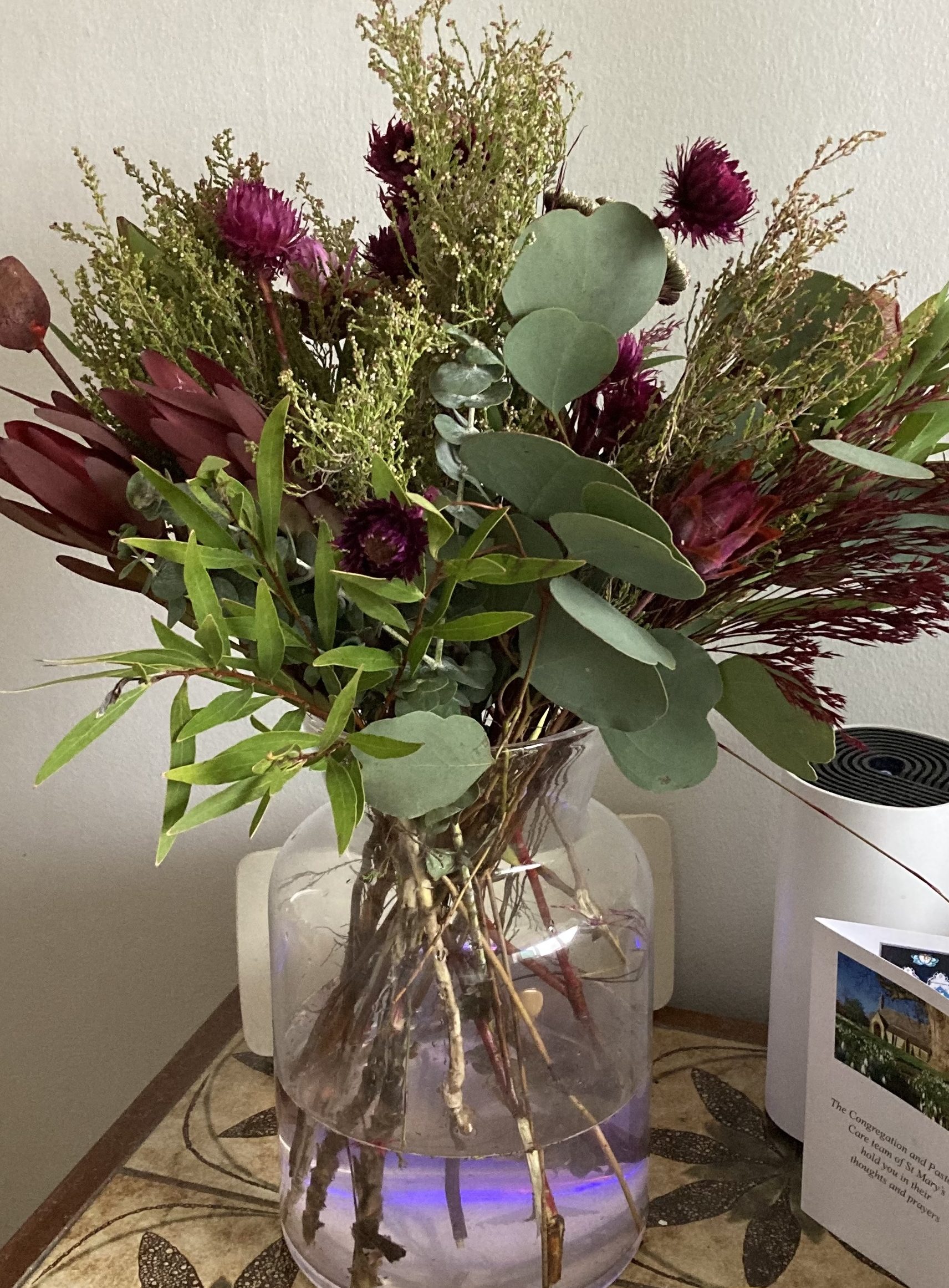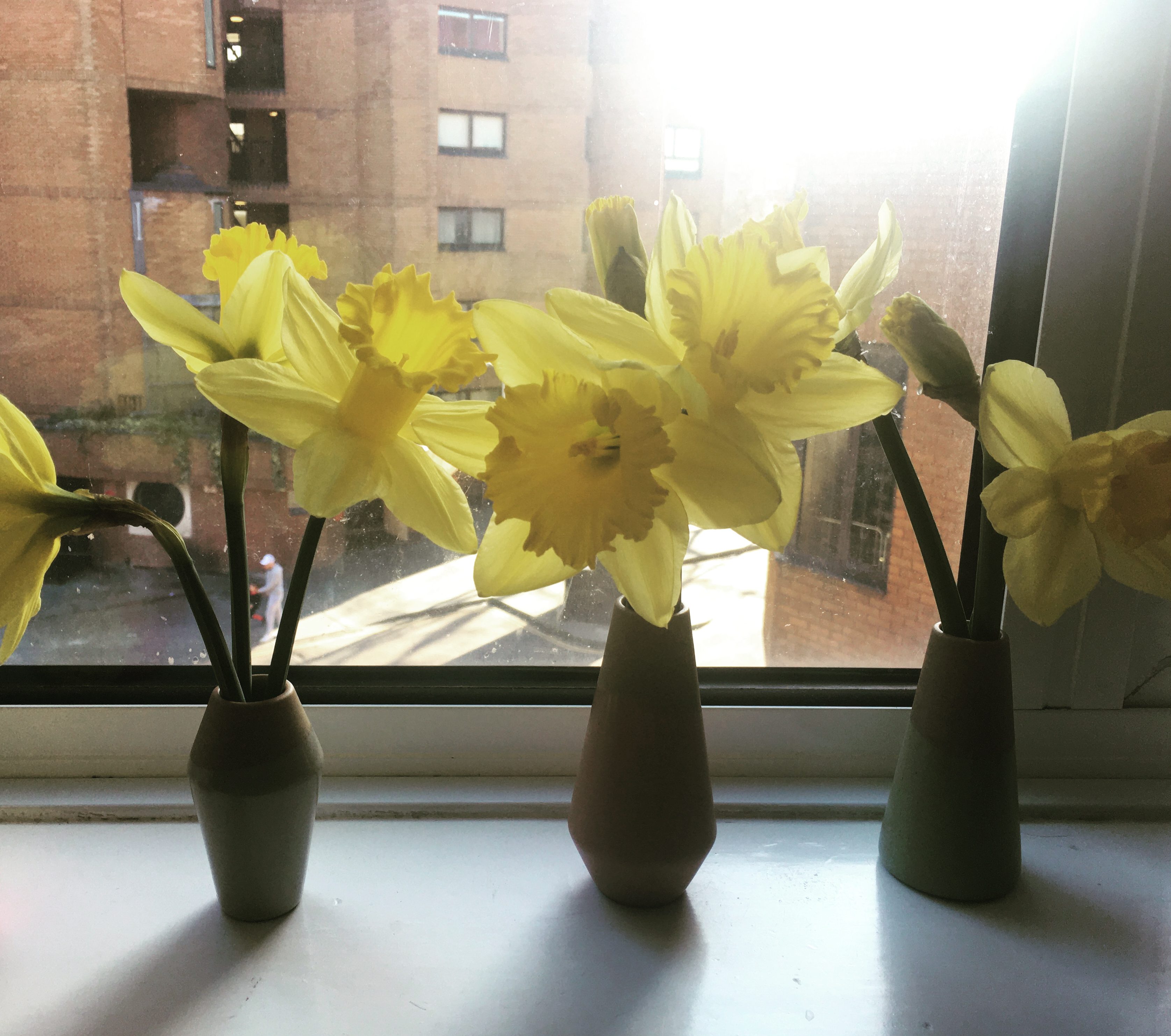This weekend Mum in Zone One is 10 Years old! Thank you to those faithful readers who have been with me since the beginning – and to those we’ve picked up along the way! Please do tell your friends about it if you think they’d be encouraged.
The reason I started this blog was to encourage people – mums in particular – and to share real life and perhaps sometimes make you laugh. I wanted to lift up our eyes to Jesus in the midst of all the crumbs and chaos of parenting littlies. My second post, (10 yrs ago minus a week) was ‘Push, Push, Glide‘ about my daughter’s 4th Birthday. It seems funny to me now that the 4th Birthday of my eldest felt like such a milestone – but I know it really was.
Now of course, she’s 14. Soon I’ll have 2 teenagers. If you have a spread of ages in your household you’ll know that this means I get woken up before 7am by a bright-eyed tot and am still up late in the evening, sipping hot chocolate and talking to a wide-awake, suddenly-ready-to-talk teen. It’s an incalculable blessing. This lifestyle also requires me to spend myself for others in ways that don’t always seem reasonable! Do you ever just lean against a wall for a minute and wonder if someone could make you a cup of tea?
I recently read a great little book called ‘Sacrifice‘ by Simon Guillebaud. It’s very short – I read it in two sittings: one on the Victoria line (which is competing for the noisiest tube line in a field of strong contenders) and one in a soft play area (um – yeah). In summary I’d say it’s a massive kick up the backside for a self-care-giving generation. (I’m really holding back in my description here; you can fill in the blanks I’m sure.)
The book focuses on this verse from Romans 12:
Therefore I urge you, brothers and sisters, in view of God’s mercy, to offer your bodies as a living sacrifice, holy and pleasing to God – this is your true and proper worship.
Romans 12:1
I wonder if people often think of worship as something glamorous and public – hands raised, heart abandoned etc. But if we mention ‘sacrifice’, I think everyone knows that as something hard. Hard, but glorious. In the UK we’ve just observed Remembrance Day, when we remember those who’ve fought for our freedom in conflicts – many of whom have offered their lives in sacrifice for ours. We know that sacrifice is not easy and it’s selfless. That’s why we remember them.
God, our most loving Heavenly Father, tells us that offering our bodies as a living sacrifice is our act of worship. So we’re not worshipping God if we’re not offering ourselves. And if we are offering ourselves freely to Him and to others, this pleases Him. When we set aside what we want and live for others, in order to honour God, then he is honoured.
So it’s worth it. It’s worth the late nights and early mornings, the driving around on a Friday night when you’d rather be on the sofa watching ‘All Creatures Great and Small.’ It’s worth wiping down the table and sweeping up the crumbs, knowing you’ll have to do it again in a few hours. It’s worth the meal prep, the uniform scrabbling, keeping up with the school newsletters, the Bible crafts, the 2am Calpol administration, the unfathomable laundry. It’s worth standing on the sidelines in the freezing cold and the discipline and the gift wrapping and the list making. If we offer these things to our families and to God with joy and a thankful heart, we’re spending ourselves on what really, really matters. It’s not waste. We’re investing our time, energy, all our resources, by offering them to the One who really deserves to be honoured and, in His mercy, can really bring fruit from all of this.
We won’t get everything we want. Then it wouldn’t be sacrifice. Guillebaud put it like this:
‘Our verse tells us that we are to be ‘holy and pleasing to God.’ The issue is full, undivided consecration, which means being dedicated, set apart for God. It involves surrendering our disappointments, hurts and fears, our longings, dreams and aspirations, our finances, health and hobbies, our family, friends, the lot… Holiness encompasses everything.’ p. 30.
Over the years I’ve lived in Chelsea, I’ve had to let go of some of my dreams. I’ve had to trust God and be willing to obey him. I’ve been disappointed. I’ve longed for things I wasn’t allowed to have. But even for that, I’m grateful. Idols give us what we want – for a short time. Because idols don’t love us. They’re like an unkind parent who leaves their child in front of a screen all day and lets them eat sweets until their teeth fall out. But not my Father. My Father loves me. He has set boundaries. He tells me ‘no.’ I dread to think where I’d be now if he’d given me what I wanted.
So let’s keep going. Let’s rejoice in the unseen ways we can serve others, offering it all up to God as our true and proper worship. Let’s trust God more than what our eyes can see. Let’s make our own cups of tea and be cheerful about it.
(If you’d like to hear a podcast episode on the topic of worship, featuring my husband Mike and myself, you can find it here or search for Delight Podcast Episode 12.)











